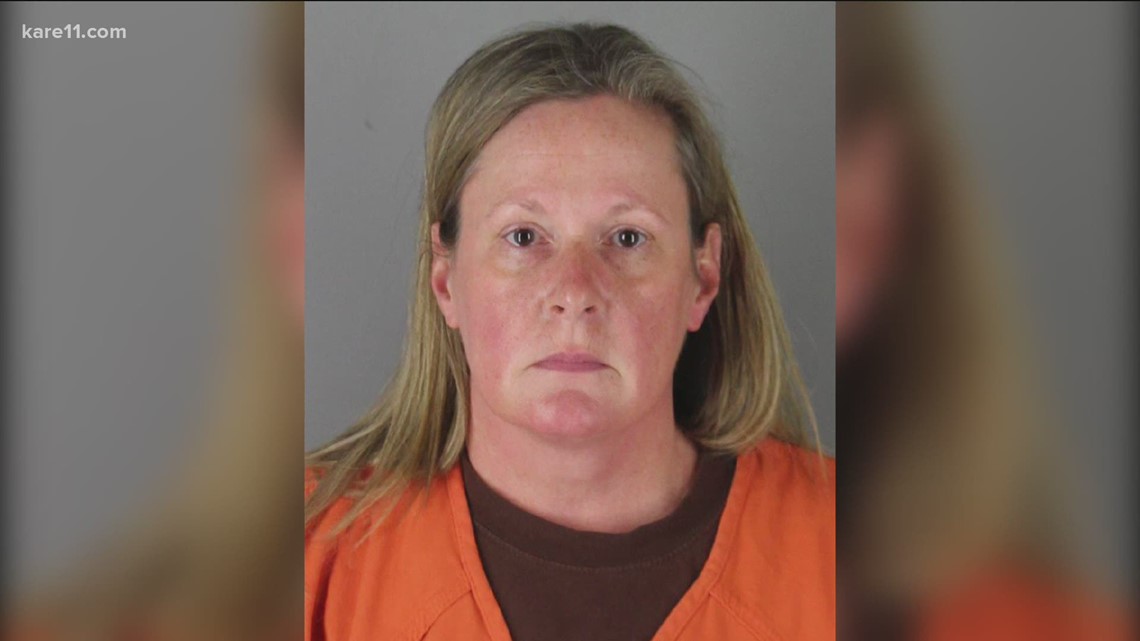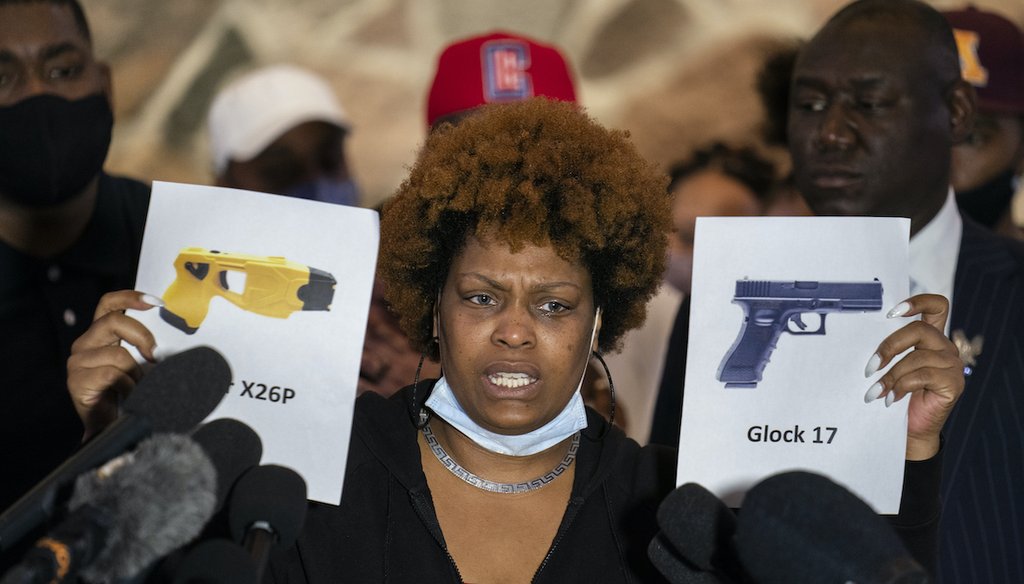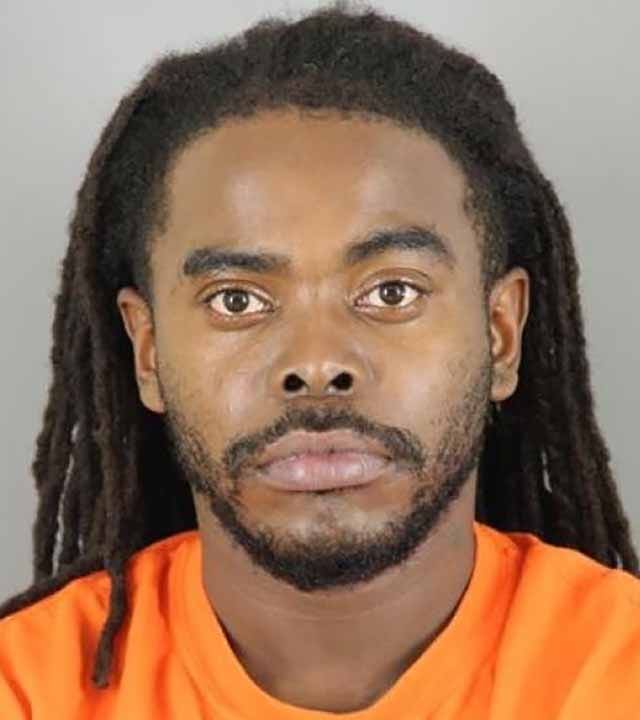She pled not guilty so there's a trial. Her attorney said they were absolutely not interested in a plea. No idea if they actually expect her to get acquitted....
Some legal experts believe the additional charge added to former officer Kim Potter's case could spur a plea, but her attorney says no.

www.kare11.com
Former Brooklyn Center police officer Kim Potter's trial is scheduled for Nov. 30. With her most serious charge now upgraded to first-degree manslaughter, it does not appear she will face a murder count.
According to her attorney Earl Gray, who spoke to KARE 11 Friday, there will be no guilty plea either.
"It's just an abuse of power by Keith Ellison, but that doesn't surprise me. And when we go to trial, we'll win both cases," Gray said.
"So there's not going to be a plea?" reporter Lou Raguse asked.
"No, never," Gray said.
She could be found guilty of either 1st or second degree manslaughter.
Potter's lawyers say she mistook her handgun for her Taser this year when she fatally shot Wright, a 20-year-old Black man. Her manslaughter trial will begin next week.

www.npr.org
Both prosecutors and defense lawyers agree the shooting was an accident. But prosecutors, led by Minnesota Attorney General Keith Ellison, say Potter's actions were criminally negligent.
Defense lawyers have argued that because Wright was resisting arrest, a use of force was authorized and that Potter was not consciously aware that she was holding her gun and is therefore innocent.
Potter faces
two counts: first-degree manslaughter and second-degree manslaughter.
Initially, prosecutors sought only the lower charge. But in September, prosecutors added a charge of first-degree manslaughter.
In Minnesota, a person can be convicted of first-degree manslaughter if they cause the death of another while also committing a misdemeanor — in this case, reckless handling of a firearm. Second-degree manslaughter, by contrast, requires that prosecutors prove only that the defendant acted with "culpable negligence" as the defendant consciously took actions that created an "unreasonable risk" of causing death or great bodily harm.
Defense lawyers asked Judge Regina Chu to dismiss the more serious charge, but Chu denied their motion, saying that prosecutors had successfully established probable cause to charge her.







